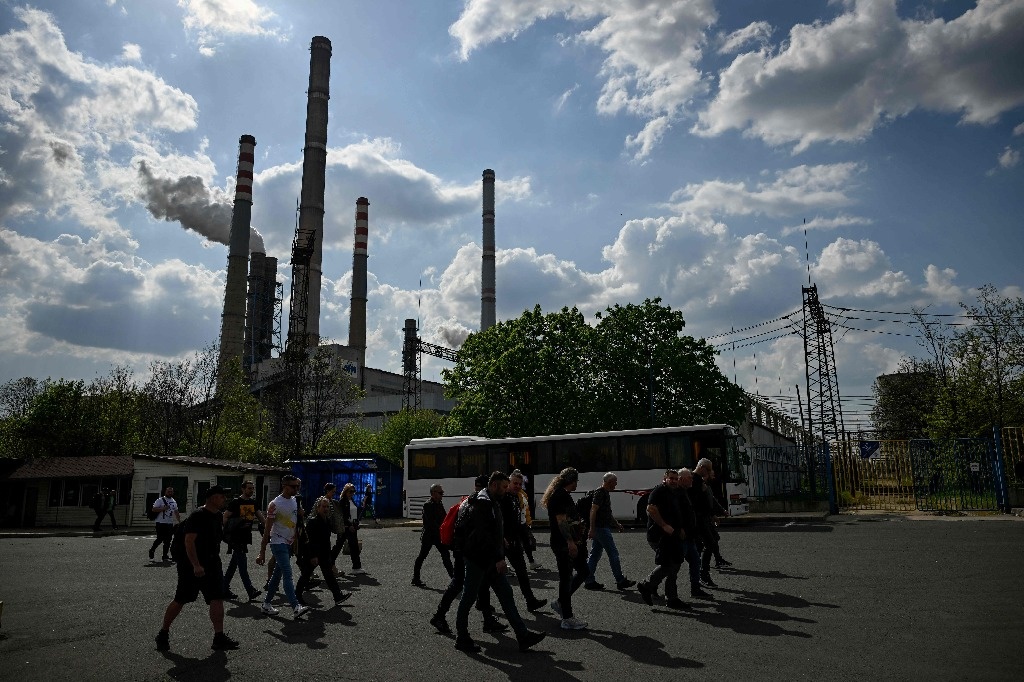Washington. Changing the way food is produced globally reduces greenhouse gas emissions by almost a third, says the World Bank (WB) in a report published this Monday.
“To protect our planet, we must transform the way we produce and consume food,” says the director general of the World Bank, Axel van Trotsenburg, in the preface to the report.
The agri-food sector contributes “to almost a third of global greenhouse gas emissions,” that is, “more than all global emissions from heating and electricity,” details the financial institution.
Therefore, the document indicates, the agri-food sector represents a “huge opportunity” to reduce global emissions by almost a third through “affordable and easily available actions”; In this sense, he urges countries to invest more.
The benefits of these investments far exceed the costs and the WB estimates that the investment necessary to reduce these emissions by half in 2030 and reach net zero in 2050 would be 260 billion dollars annually.
“Twice this amount is spent each year on agricultural subsidies, many of which are harmful to the environment,” underlines the institution, which asks that the latter be reconsidered to finance part of the necessary investment.
The benefits would amount to about 4 trillion dollars because not only would emissions be reduced but people’s health, food and nutritional security, employment and even farmers’ performance would be improved.
According to the World Bank, middle-income countries, which produce two-thirds of the agri-food sector’s greenhouse gas emissions, should consider low-emission farming practices and use land more sustainably.
“The simple act of changing the way middle-income countries use land (…) can reduce agri-food emissions by a third by 2030,” highlighted Axel van Trotsenburg.
As for rich countries, the WB asks them to set an example: “they can reduce energy emissions, help developing countries in their transition to low emissions and promote low-emission foods.”
They can also “influence consumption by redirecting subsidies from red meat and dairy products towards low-emission foods, such as poultry or fruit and vegetables.”
Finally, the banking institution urges low-income countries not to repeat the mistakes of the richest, avoiding “building high-emission infrastructure that high-income countries must now replace.”
#emissions #agrifood #sector
– 2024-05-09 10:12:05
